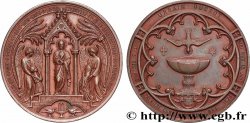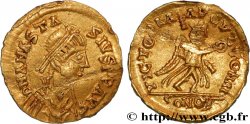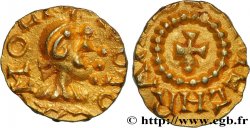Live auction - fmd_831710 - 5 centimes Daniel-Dupuis 1921 Paris F.119/32
得先注册又得到批准才可以报价。为了报价注册. 客户应该得到公司允许,那种过程需要 48 个小时。别等出售结束那一天才登记。您报价的话等于您赞成买那物品,而且按« 保价 » 证明您接受 cgb.fr 因特网拍卖使用法.
报价时只可以出全数值欧元总额。物品描述也说明销售结束时间,结束后出价都不会生效。 报价命令转达有时变动,等到最后秒钟增加否决的可能会。想多了解的话请注意 因特网拍卖常问
最高出价方将支付18%的不含税的拍卖费用
最高出价方将支付18%的不含税的拍卖费用
| 估算 : | 10 000 € |
| 价格 : | 6 200 € |
| 最高出价 : | 6 200 € |
| 拍卖结束日期 : | 06 June 2023 18:51:53 |
| 竞拍人 : | 2 竞拍人 |
种类 5 centimes Daniel-Dupuis
日期: 1921
铸币厂名称/城市 Paris
铸币数量 141751
材质 bronze
直径 25 mm
模子方针 6 h.
重量 5 g.
侧面 lisse
稀少度 R3
Slab

PCGS : MS64
关于品相的说明
Sous coque PCGS MS64BN
正面
正面的文字 REPUBLIQUE - FRANÇAISE.
正面的说明书 Buste habillé de la République aux cheveux longs à droite, portant un bonnet phrygien maintenu par un ruban ; une branche d'olivier montant depuis le buste et passée dans le ruban du bonnet ; au-dessous DANIEL DUPUIS en creux.
背面
背面的文字 LIBERTE EGALITE FRATERNITE.
背面的说明书 la République cuirassée d'apparat avec Gorgone à l'égide, laurée, drapée et casquée au coq, assise à gauche sur un rocher, tenant de sa main droite un drapeau-étendard marqué RF sur l'enseigne et de sa main gauche une branche d'olivier ; à sa droite, un enfant nu la regarde, tenant des épis de blé de la main droite, lui présentant un marteau et des pinces de la main gauche ; à l'exergue DANIEL DUPUIS en creux et 1921 ; 5 c sur un cartouche recouvrant le rocher.
评论
De qualité équivalente à l’actuel exemplaire de la Collection Idéale ; rarissime dans cet état de conservation !.
Of equivalent quality to the current example in the Ideal Collection; extremely rare in this state of preservation!
Of equivalent quality to the current example in the Ideal Collection; extremely rare in this state of preservation!







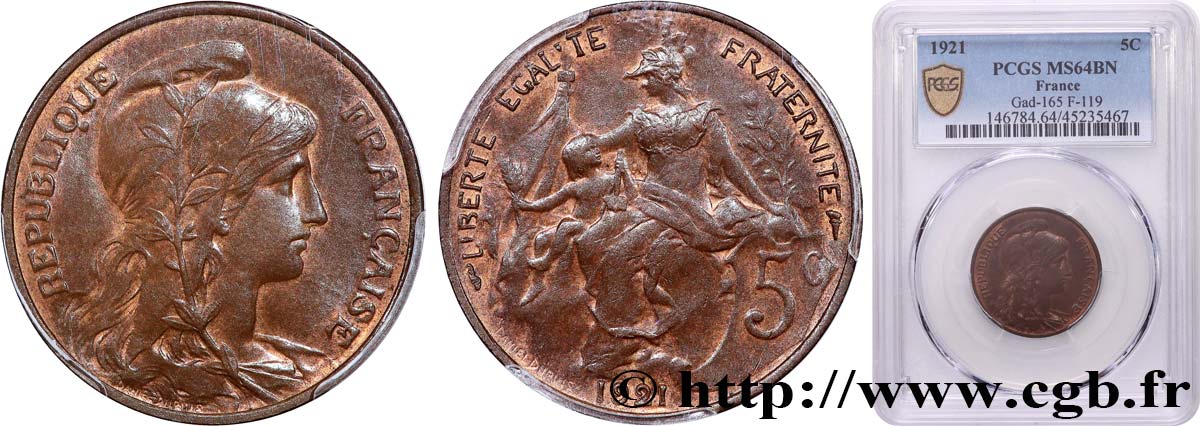
 对产品描述纠错
对产品描述纠错 打印
打印 分享我的选择
分享我的选择 提问
提问 Consign / sell
Consign / sell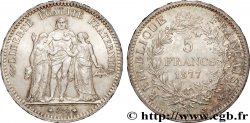
 产品介绍
产品介绍
